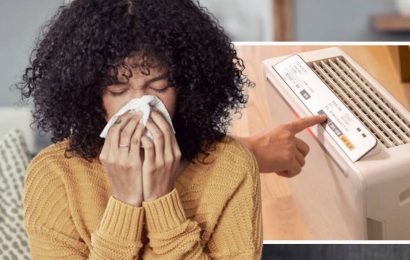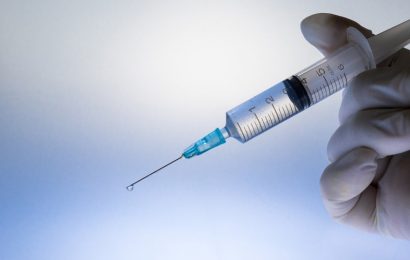The US Food and Drug Administration (FDA) has announced new action to encourage companies to develop naloxone products for over-the-counter (OTC) use — or apply to switch certain products from prescription to nonprescription status.
Naloxone is an opioid overdose reversal agent that can save lives when administered within minutes of a potential opioid overdose.
In a notice in the Federal Register, the FDA said their preliminary assessment indicates that naloxone products that contain up to 4 mg in a nasal spray and up to 2 mg in an autoinjector may be “approvable as safe and effective for nonprescription use.”
The agency noted it hopes this information will jump-start development and approval of these types of products for OTC use.
To support companies in developing the OTC products, the FDA previously announced the creation of two model “drug facts” labels. One was for use with naloxone nasal spray and the other for use with a naloxone auto-injector, as reported at the time by Medscape Medical News.
Drug facts labels, which are required for OTC drug products, include easy-to-understand pictograms on how to safely and appropriately use the drug.
Jury Out on Higher-Dose Products
In the Federal Register notice, the FDA cautioned that their preliminary assessment on potential approvable OTC naloxone products is just that, preliminary.
It is not a final determination that certain naloxone drug products are safe and effective for nonprescription use, nor does it mandate an immediately effective switch to nonprescription/OTC availability for naloxone, the Agency said.
To make its final determination, the FDA said it needs additional data, such as product-specific data on the nonprescription user interface design, including packaging and labeling. This type of data would typically be submitted to the FDA in an application for a proposed nonprescription naloxone product.
The agency noted it also needs more data on the safety and efficacy for OTC use of higher-dose naloxone products and naloxone supplied via vials, ampules, or syringes without integrated needles.
The FDA is seeking comments from the public on whether there is data to support safe and effective nonprescription use of higher-dose naloxone products and on potential consequences of a switch from prescription to nonprescription status.
Over the last several years, it has taken a number of steps to improve access to naloxone products.
In September, for example, the FDA issued guidance to make it easier for harm-reduction programs to distribute naloxone.
As reported by Medscape Medical News, that guidance exempts harm-reduction programs from certain requirements of the drug supply chain security act for the distribution of FDA-approved naloxone products during the opioid public health crisis.
For more Medscape Psychiatry news, join us on Twitter and Facebook
Source: Read Full Article


